

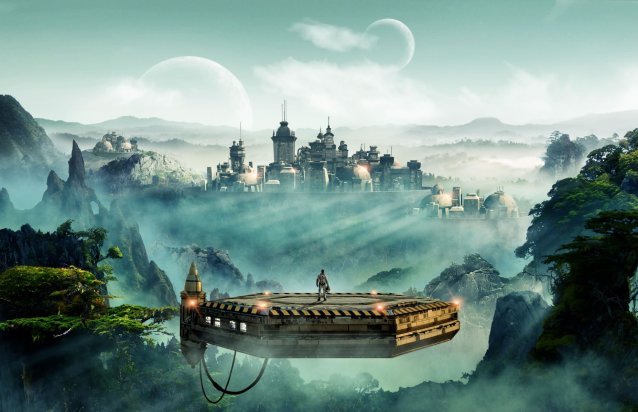
Talk to any PC gamer for any amount of time and they’ll most likely end up telling you about their best Civ campaign at some point. The oh-so-addictive Sid Meier’s Civilization series of strategy games has been hooking in players since its first entry in the early 90’s, and it’s easy to understand why.
The games manage to be complex and approachable at the same time, with lots of different leaders, buildings and units to play around with, and a turn-based system that keeps one muttering “Just one more turn…”. Not to mention some of the greatest game music of all time with songs like Civ IV’s Baba Yetu.
After 23 years of conversing with famous historical figures like George Washington and fighting over real locations like Mt. Fuji, it’s time for the series to go somewhere it’s never truly gone before: space.
Going to space is one of the many ways to win a game of Civilization, but that’s the stopping point. But what would it be like if that wasn’t the end, but rather the beginning? That’s what the latest entry into the franchise, Civilization: Beyond Earth is hoping to show players.
After a global dark age known as The Great Mistake, the people of Earth decide it’s time to pack up and look for greener grass on the other side. The other side of the galaxy, that is. In Beyond Earth, it’s up to the player to establish colonies on distant worlds in the hopes of finding a suitable replacement for Earth.
Here’s five reasons why hardcore Civilization fans and newcomers alike should be excited to go beyond.
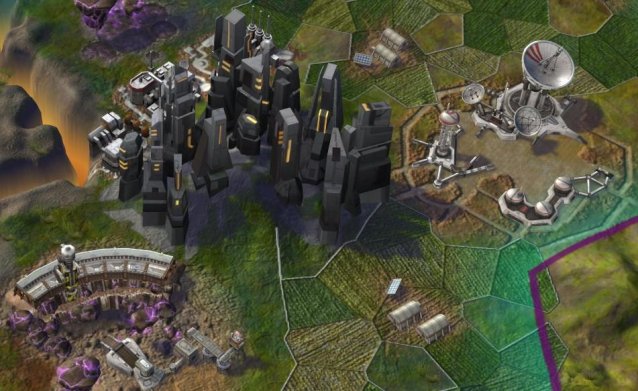
While there’s nothing wrong with the enviroments in earlier Civ games, there’s nothing all that special about them either. Since they all take place on Earth, the biomes and enviroments and the way they interact with each other can’t be very outlandish. In Beyond Earth, however, there’s a lot of potential for very strange and exciting maps with all-new materials and ancient relics to be found.
Some of the planets are even based on existing places, like the Mu Arae f where “the southern hemisphere is a blistering desert where the sun never sets, while the northern hemisphere is perpetually in frozen darkness”.
A big new change is that the map is divided into two parts: the surface and the atmosphere. Satellites and orbital equipment will be able to be launched, and will aid in everything from colonization to warfare.
Alien fauna seemingly takes over the role of the barbarians from earlier games, in that they’re an independent faction unrelated to any civilization that can mess things up for the player if they’re not careful.
While the barbarians in earlier games never became more advanced than they were at the beginning of the game (leading to bizarre situations like players deploying attack helicopters against axe-wielding raiders wearing pelts), the aliens will evolve and stay a threat troughout the entire game. It’s probably not going to be a bug hunt, in other words.
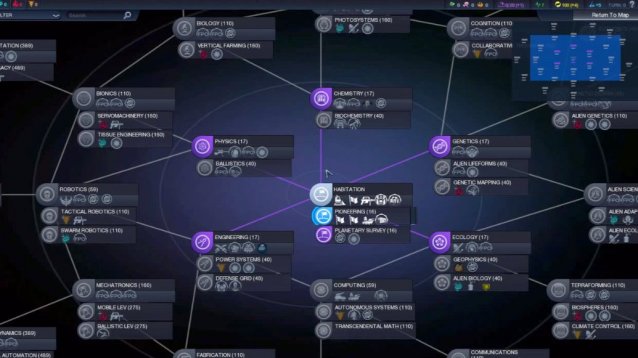
One of the most important aspects of the Civilizations games is the Tech Tree that shows the players what they can research and what technology they’ll gain access to in the future by doing so.While it branches off into some different directions, up to this point it’s been a bit linear - every civilization is in the end gonna end up at the same place technologically, it’s just a matter of how they get there and what special stuff they get - but in Beyond Earth the Tech Tree’s been replaced by a Tech Web that branches off into lots and lots of different directions. This change could lead to civilizations turning out radically different from one another based on what they research and allow for deeper, more nuanced play with a lot more possibilities.
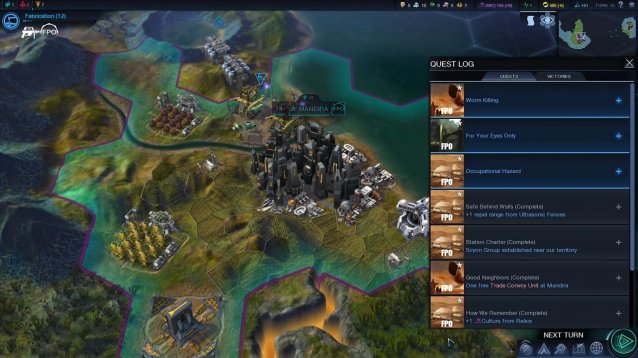
It can be quite easy to lose motivation in the middle of a nearly thousand-turn long Civ campaign, with nothing much happening and success later on in the game being the only incentive to keep going. Quests seem like they could not only help with that, but also both tell and create more of a story. Quests are optional missions that players can take on, and which quests the player chooses and what choices they make during them will give the player points with certain affinities and determine what other quests will be available later on. In earlier games city states could give out missions that upon completion would improve the player’s standing with them, and the quest system seems to be the natural evolvement of this.

Affinities are a new concept that tie into the tech web. These affinities represent certain post-human ideas, and what tech you choose to research will affect what affinity your faction will align with, and the other way around with affinity-locked technologies. The affinities are Purity for those who don’t want to adapt to a new planet and will use force to make it like Earth, Supremacy for those who believe that technology is the way forward and are willing to augment their bodies with machinery and Harmony for those who want to peacefully coexist with their new world and have their evolution influenced by it. This is a really cool idea, and will hopefully lead to some very odd-looking and cool units and factions, and maybe even spark some discussion between players about these ideas. Look forward to Supremacy’s mechs facing off against Harmony’s kaiju-like creatures.
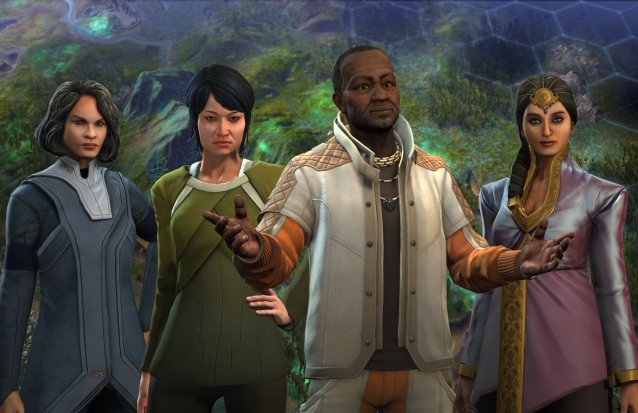
Early success in Civilization games can often depend on where one’s player units start. Since this is randomized, the player has no way to impact what kind of conditions they’ll start with which is fun if you happen to start out in a location with lots of useful resources, but less so if you don’t. In Beyond Earth however, the player will be able to influence what they start with by choosing who gets to sponsor the colonization mission, assembling their own spacecraft and deciding what cargo and crew to bring along for the journey. Being able to impact your humble beginnings will hopefully make the early game more involving and more fun.
It’s easy to sink hundreds of hours into the Civilization games, and it’s not looking like Beyond Earth is gonna be any different in that regard. It’s out on Friday the 24th of October, and hopefully it’ll prove to be a fine respite from the chilly autumn. After all, what could be a better respite from the cold and dark outside than the cold and dark vastness of space?
...Wait.
Are you going to pick up Beyond Earth? Is there anything special in the game that you’re excited about? Tell us in the comments!



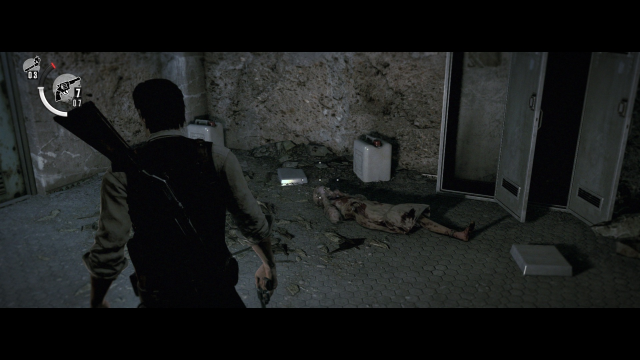
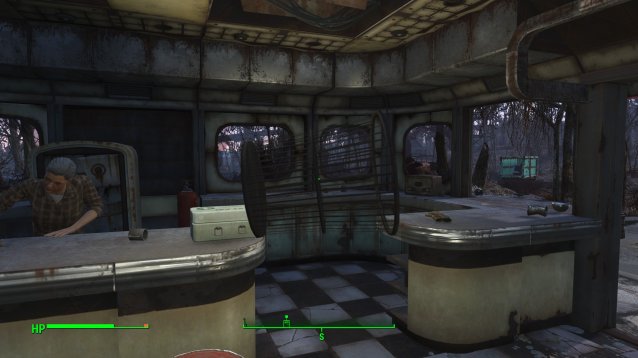 Fallout 4 Guide: How To Move Bodies And Objects
Fallout 4 Guide: How To Move Bodies And Objects Spectre costs millions of dollars to businesses in Mexico
Spectre costs millions of dollars to businesses in Mexico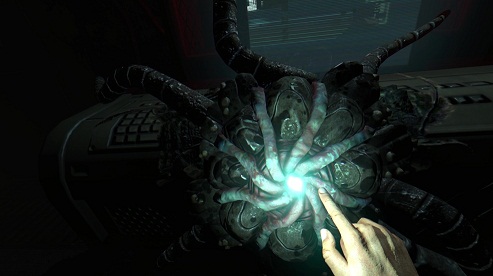 Strategies for Survive in SOMA, horror adventure game
Strategies for Survive in SOMA, horror adventure game The Witch and the Hundred Knight Wiki – Everything you need to know about the game .
The Witch and the Hundred Knight Wiki – Everything you need to know about the game . Gears of War 3 Guide
Gears of War 3 Guide